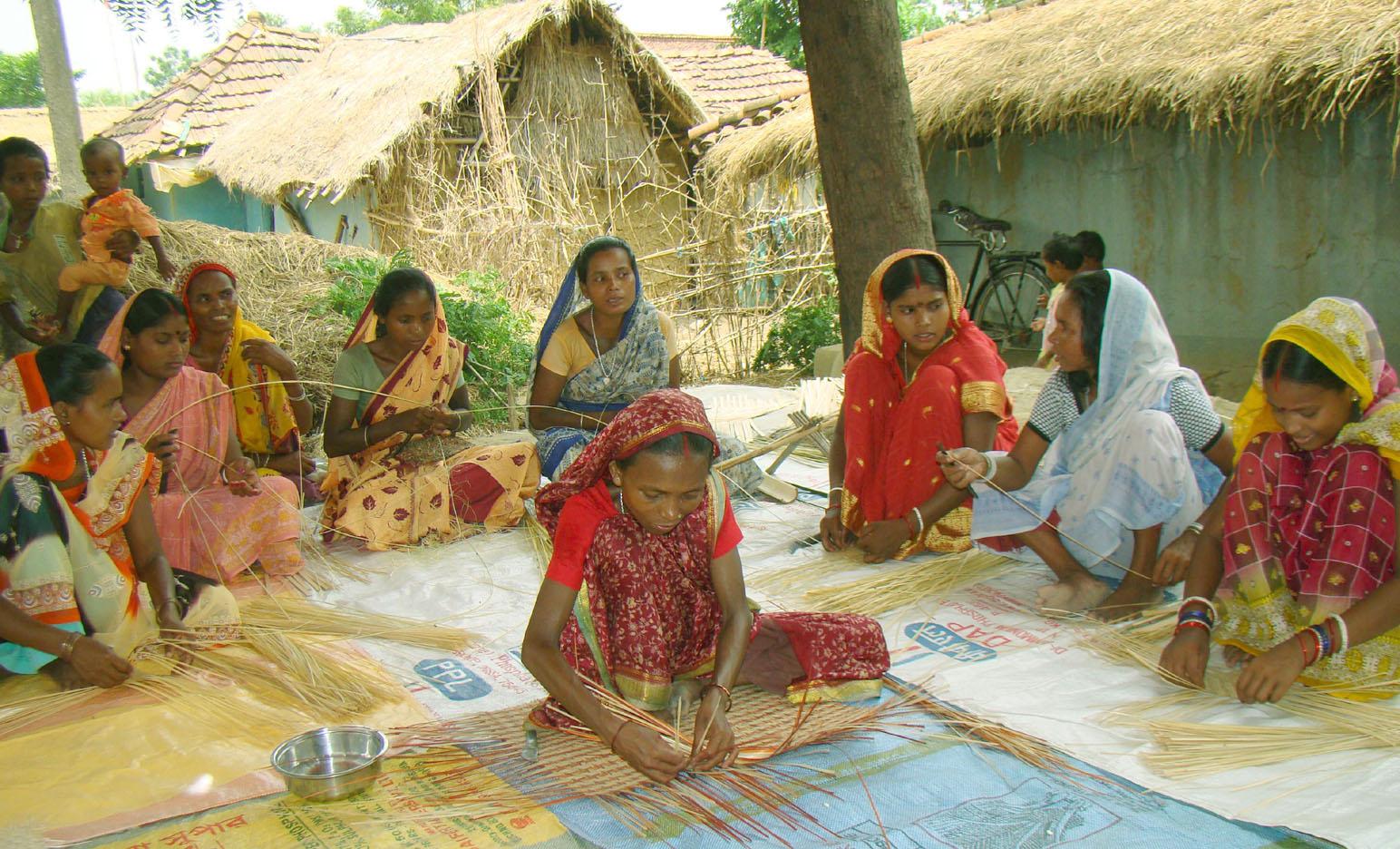Informal sector (Economics)
Enlarge text Shrink text- LC database, 3/24/95.
An informal economy (informal sector or grey economy) is the part of any economy that is neither taxed nor monitored by any form of government. Although the informal sector makes up a significant portion of the economies in developing countries, it is sometimes stigmatized as troublesome and unmanageable. However, the informal sector provides critical economic opportunities for the poor and has been expanding rapidly since the 1960s. Integrating the informal economy into the formal sector is an important policy challenge. In many cases, unlike the formal economy, activities of the informal economy are not included in a country's gross national product (GNP) or gross domestic product (GDP). However, Italy has included estimates of informal activity in their GDP calculations since 1987, which swells their GDP by an estimated 18% and in 2014, a number of European countries formally changed their GDP calculations to include prostitution and narcotics sales in their official GDP statistics, in line with international accounting standards, prompting an increase between 3-7%. The informal sector can be described as a grey market in labour. Other concepts that can be characterized as informal sector can include the black market (shadow economy, underground economy), agorism, and System D. Associated idioms include "under the table", "off the books", and "working for cash".
Read more on Wikipedia >
 Topic
Topic












